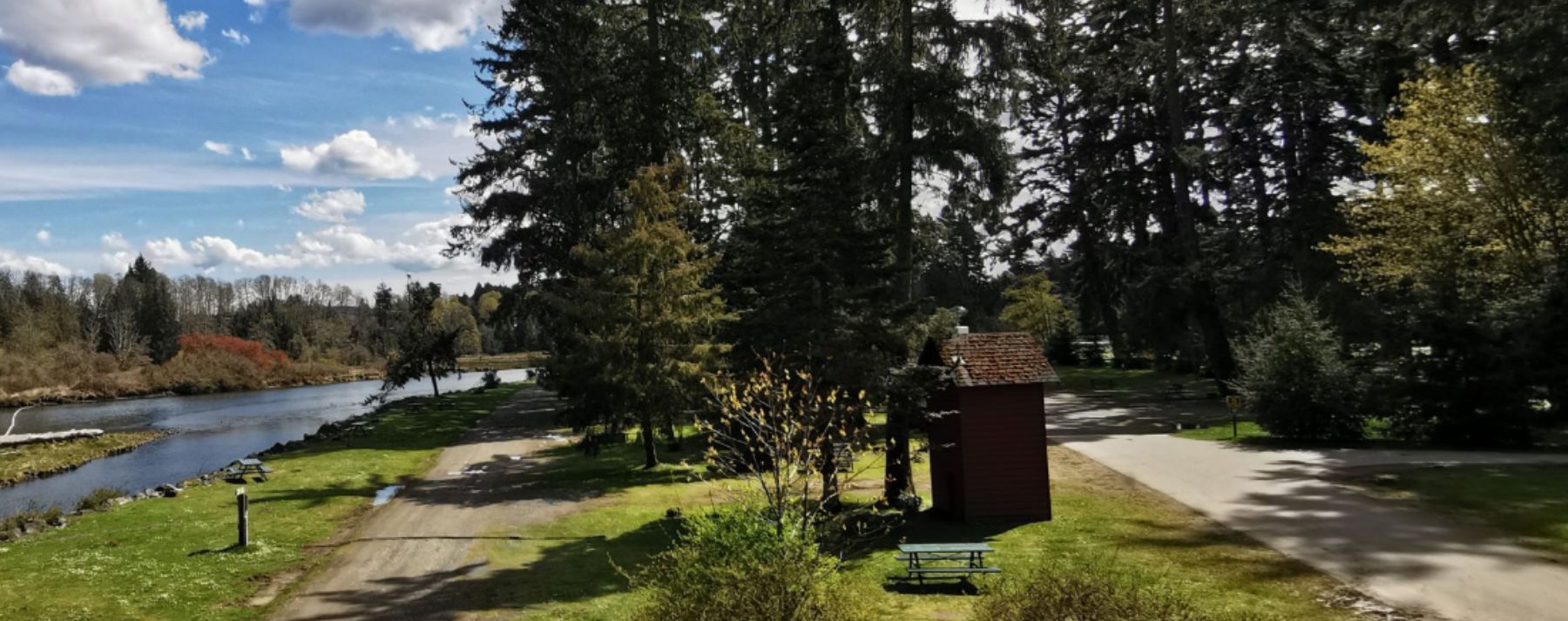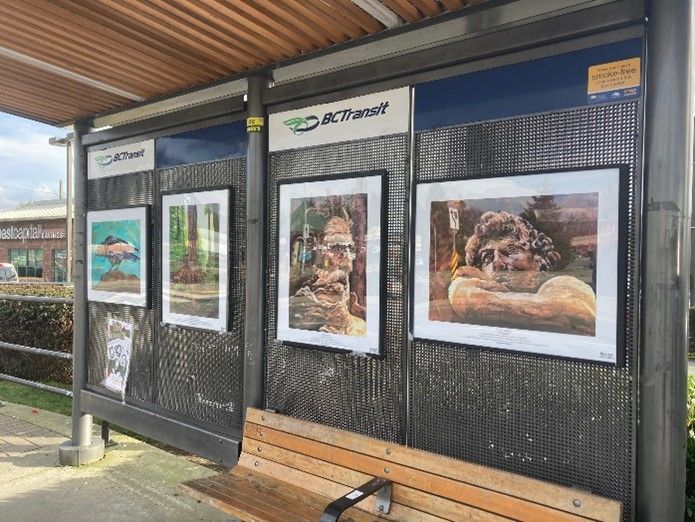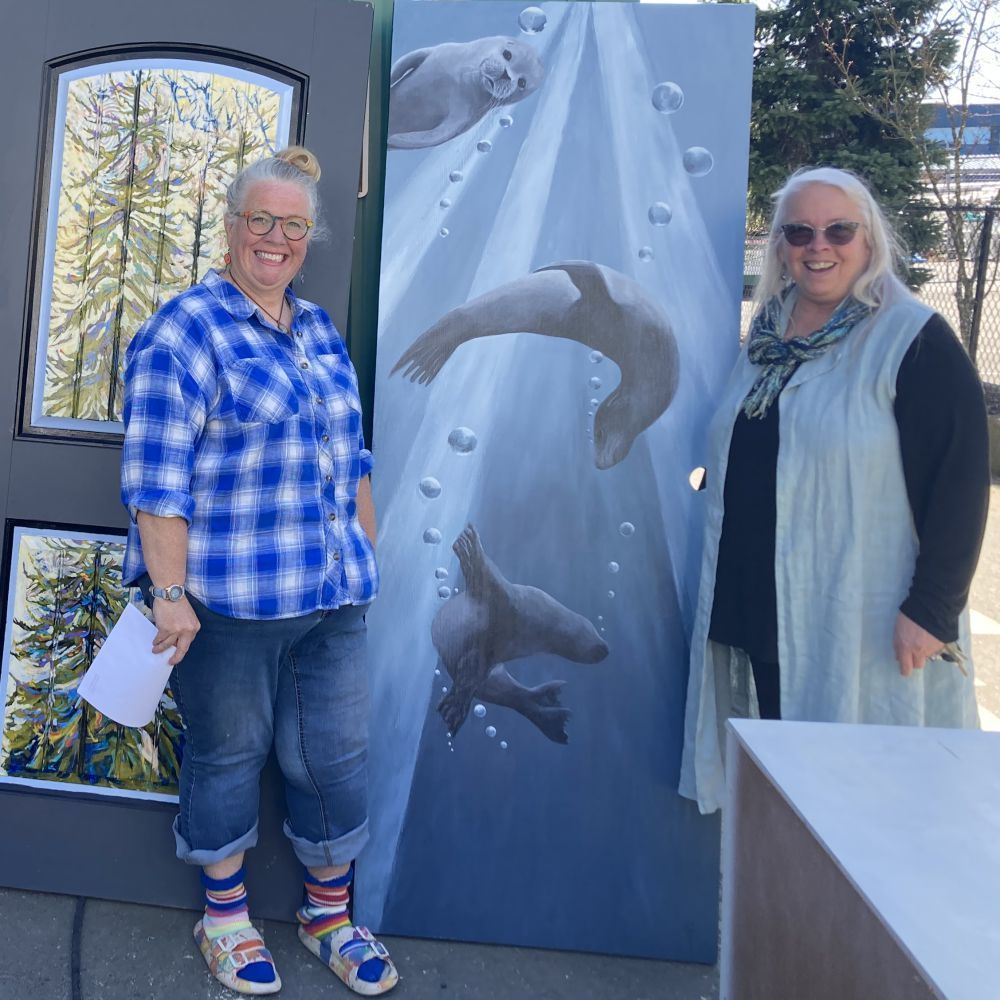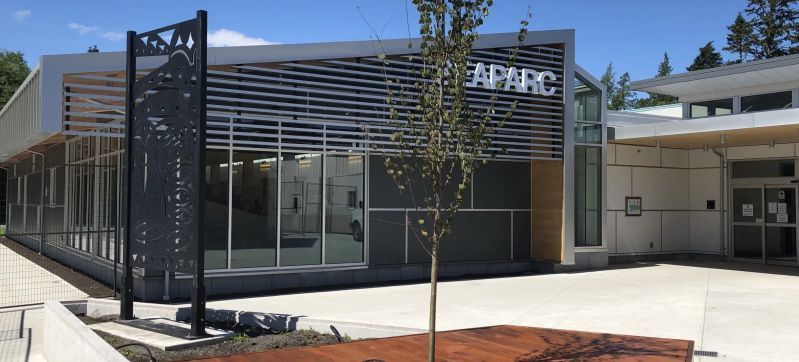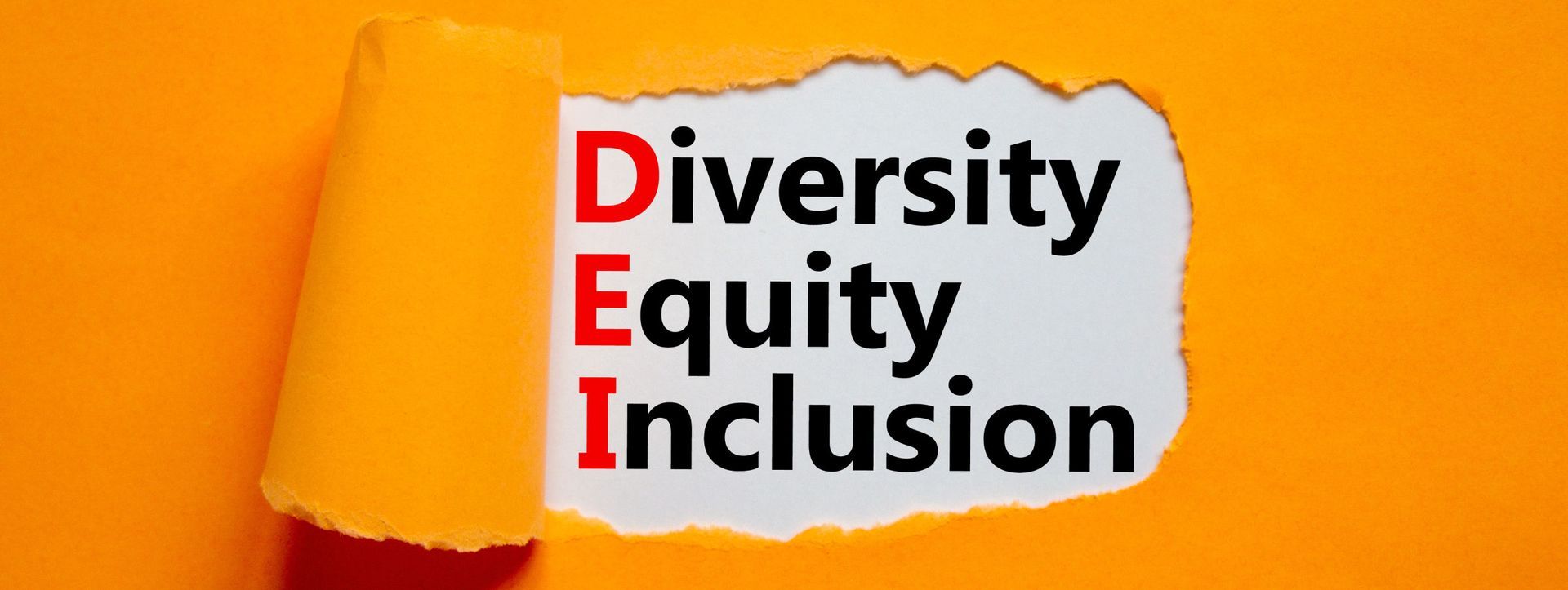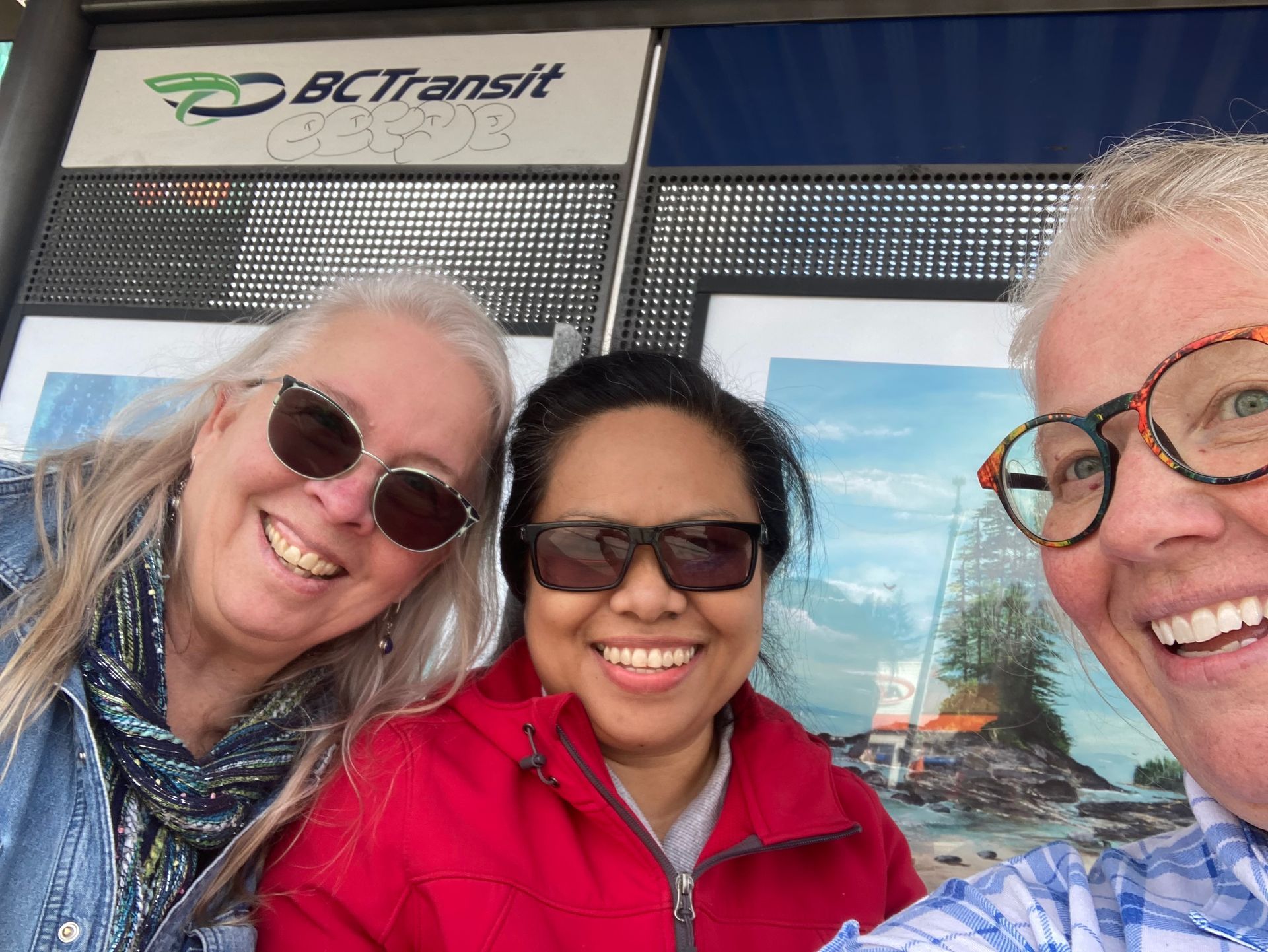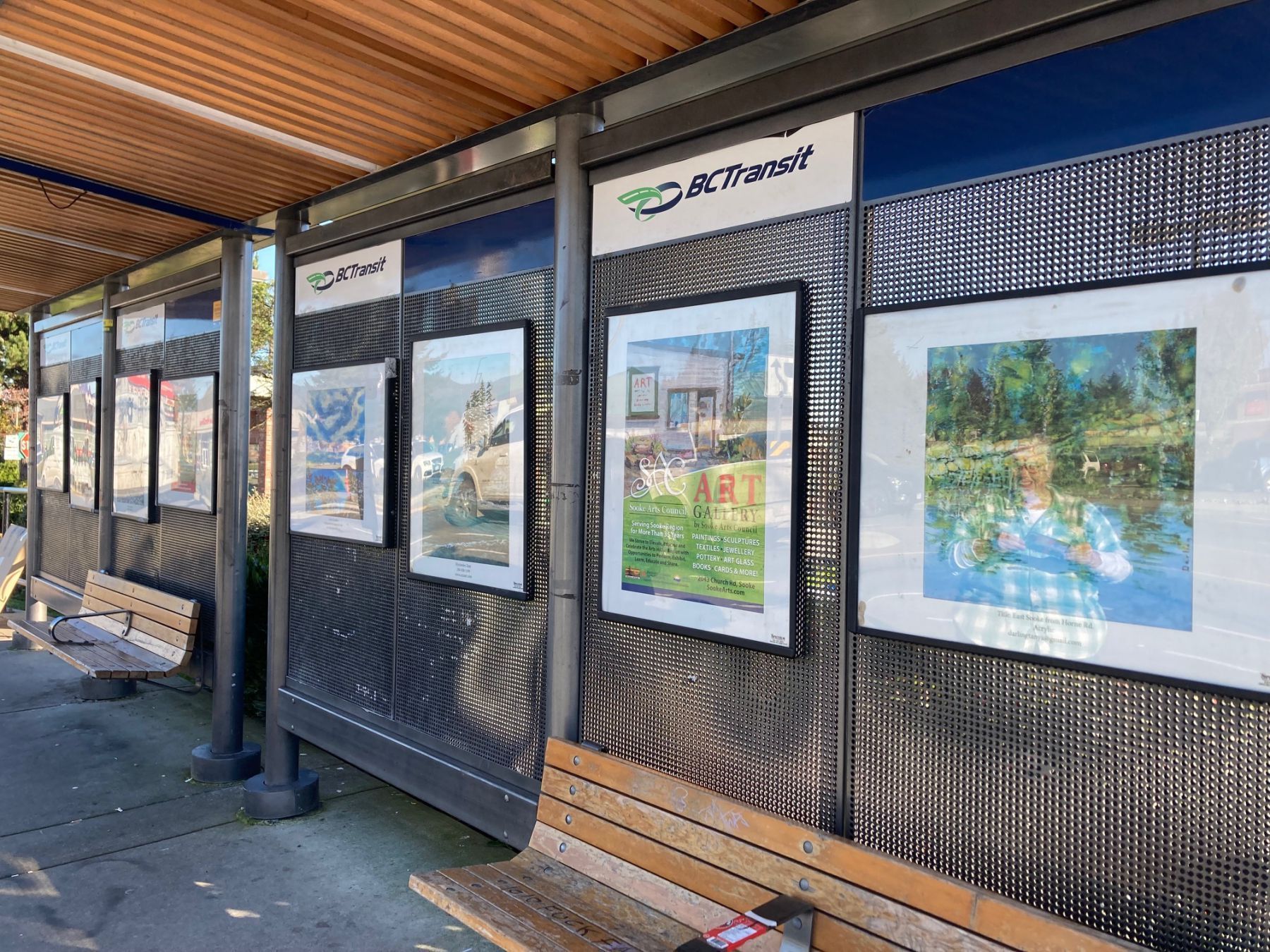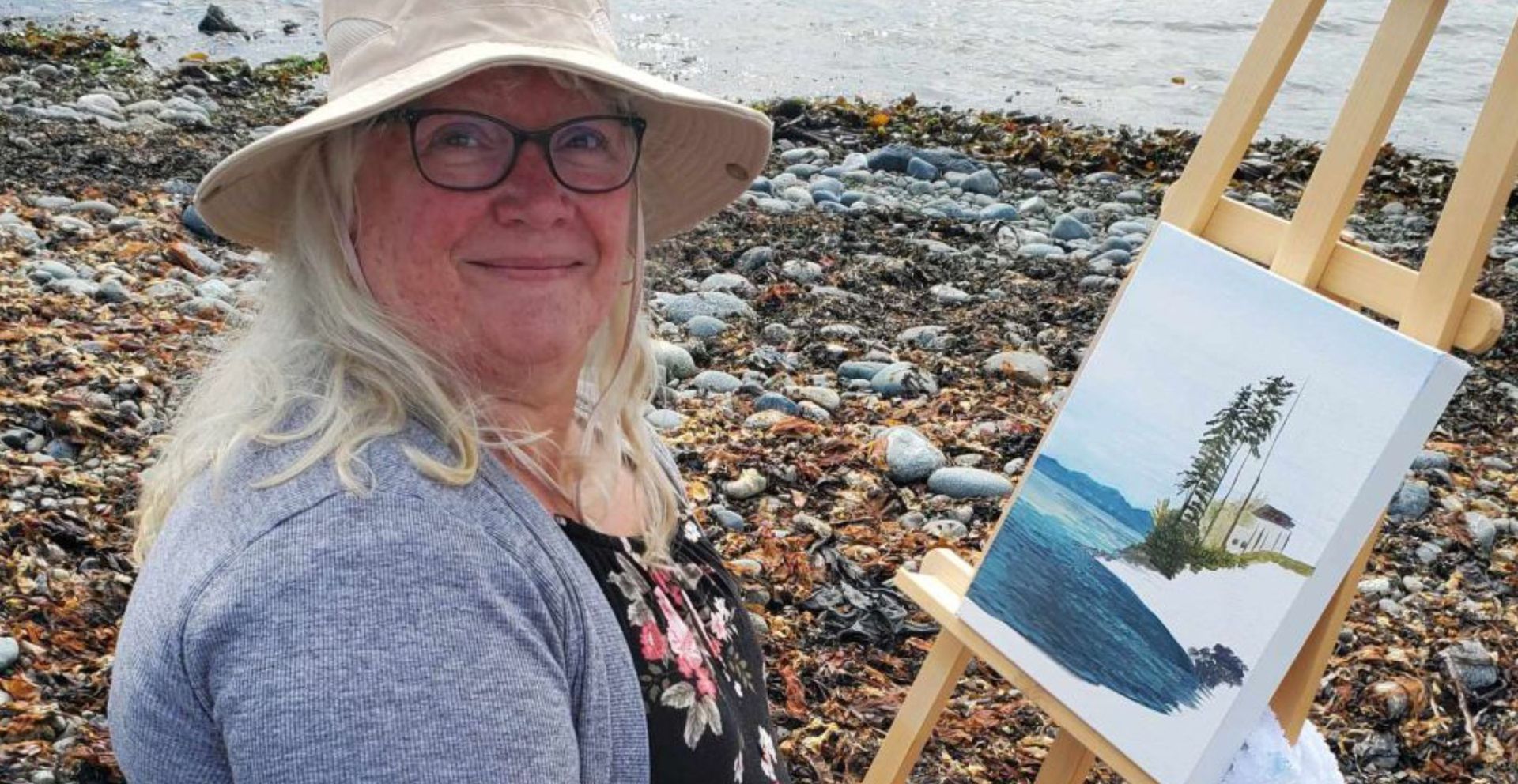The Art of Cross-Training Volunteers
Running an arts organization is like putting on a show—every role matters, and everyone needs to be ready to step in when needed. But what happens when a key volunteer suddenly can’t make it? If no one else knows how to do their job, things can go sideways fast.
Take a friend of mine who volunteered at a charity thrift store for years. She was the go-to person for sorting donations, managing inventory, and helping customers. Then, out of nowhere, she had a health crisis and had to take a long break. The store was thrown into chaos—donations piled up, the inventory was a mess, and everyone was scrambling to figure things out. If others had been trained to cover for her, it would have saved a lot of stress and confusion.
That’s why cross-training is so important. If only one person knows how to do a job, their absence can throw everything off balance. At the Sooke Arts Council, making sure multiple people know how to handle key tasks means the show will always go on—literally and figuratively.
🎭 Why Cross-Training is a Game Changer
🤝 It Builds a Stronger Team: When volunteers understand different parts of the organization, they gain more appreciation for each other’s work. This creates a sense of teamwork and shared purpose.
🔄 It Helps You Adapt: The arts world is always changing, and being flexible is key. A well-trained team can jump in and fill gaps when needed, keeping the Sooke Arts Council running smoothly no matter what.
✨ It Makes Volunteering More Engaging: Learning new skills keeps things interesting. When volunteers get to switch things up, they stay excited and committed for the long run.
⚙️ It Keeps Things Running Smoothly: Events, exhibitions, and programs rely on volunteers, but life happens—people get sick, go on vacation, or have emergencies. If more than one person knows each role, things won’t come to a grinding halt when someone is away.
🚀 Easy Ways to Start Cross-Training
- 📋 Figure Out Who Knows What: Take stock of what skills are needed for each role and what talents your volunteers already have. This helps identify training opportunities and hidden strengths.
- 👥 Job Shadowing: Pair volunteers with others in different roles so they can watch, learn, and eventually take on new tasks. A gallery assistant, for example, could shadow an event coordinator to see how opening nights are organized.
- 🔄 Switch Things Up: Rotate volunteers through different roles now and then. This keeps things fresh and ensures multiple people can step in when needed.
- 🎉 Give Shoutouts to Multi-Talented Volunteers: Recognizing those who take on multiple roles encourages others to do the same. A simple thank-you in a newsletter, social media post, or a small token of appreciation can go a long way.
- 📝 Write It Down: Having step-by-step guides for key tasks makes training easier and helps volunteers feel more confident when stepping into a new role. A simple checklist for setting up an exhibit or managing memberships can be a lifesaver.
🌍 The Bigger Picture
Cross-training doesn’t just benefit the Sooke Arts Council—it strengthens the whole arts community. It keeps things running smoothly, helps volunteers feel valued and engaged, and ultimately makes events and programs better for everyone.
A flexible, well-trained team is one of the biggest assets an arts organization can have. By making cross-training a regular practice, the Sooke Arts Council can keep building a strong, adaptable, and creative community—ready to take on whatever comes next.

